BLOG
Call us now on: 01691 680888 or email: office@dabunninggas.co.uk

It is with deep sadness that we start our Christmas message this year with the devastating news regarding our colleague and dear friend, Haydon Perrins, who sadly passed away on the 11th December. Although Haydon worked with us for a short period of time, he was more than just a member of the team, he was a breath of fresh air. He always had a 'can do attitude' with a smile on his face. To say we are heartbroken is an understatement, and Haydon will be sorely missed. Our thoughts and deepest sympathies are with Haydon's family and loved ones during this extremely difficult time. We are profoundly grateful for the time we shared with Haydon, and for the lasting impact he has made on our lives and our organisation. H is legacy will continue to live on in our hearts.

As the nights draw in and the days get cooler, your Boiler’s workload increases significantly. However, you may not have had your heating on for months. Ageing pipes, lower boiler pressure, grime building up inside your central heating system – there’s plenty that can happen over time that can reduce the effectiveness or even damage your boiler. Maintain your boiler with an annual Boiler service A lot of people skip their annual boiler service, but it’s so important! A healthy boiler makes for a healthy home, and servicing it will extend the life of your boiler for perhaps years. You’ll save money in the long run, and avoid the headache of boiler breakdowns and problems. Think of an annual boiler service like servicing your car: any problems will be noticed by a professional long before you break down in the middle of nowhere. A heating engineer will thoroughly inspect and test key components of your boiler to ensure it is working safely, efficiently and reliably. Check your Boiler pressure This will be done during your annual boiler service, but on the off-chance you skipped that, check your boiler pressure before switching your central heating on for the winter. We have an in-depth guide for checking boiler pressure, which you should definitely read thoroughly, but in short: make sure your pressure gauge is between 1 – 1.5 bar, otherwise your boiler will start to show error codes, or stop working entirely. If your boiler pressure is too low, top up the pressure until it reaches at least 1 bar. If it’s too high, you should bleed your radiators to relieve pressure. Bleed your radiators No matter how perfectly sealed your central heating system is, over time air will get inside and start making a nuisance of itself. This might result in cold areas of your radiator (usually the top). If you have, then it is time to bleed your radiator. Bleeding your radiators is easy – all you need is a radiator key (easily available online or from your local DIY store) and an old towel or rag. We explain how to bleed your radiators in our article here. Test your central heating before it gets too cold One of the best tips to make sure your boiler is ready for winter is to test it before the weather gets too cold. So, around October or early November, just as it’s starting to chill, you should test your heating. Better to do that than wait until the weather is too cold to find out your heating’s kaput. While it’s still mild outside, test your central heating. Run it for a few hours; make sure the radiators warm thoroughly, and there are no cold spots. Check for tell-tale signs of something amiss: are there clanking or gurgling sounds coming from your boiler? If so, there may be an internal problem with your boiler: an annual boiler service will find what’s wrong. You should also check the control elements of your boiler, providing it has them. Insulate your pipes A cold snap can wreak havoc on your pipes, especially if they’re old. The best way to make sure ‘how do I get my boiler ready for winter?’ is to look after the pipes that connect to your boiler. You need to insulate your pipes to protect them from the freezing cold. Especially the pipes outside your home. These are exposed to the elements, and are prone to freezing. One of the best tips to make sure your boiler is ready for winter is to take steps to stop your pipes from freezing. If you have a condensing boiler (a boiler that captures hot gasses and uses them to create more heat), the wastewater vapour from the condensing process flows out of your home slowly (about 2 litres an hour). This slow trickle makes them prone to freezing in sub-zero temperatures. Insulating exposed pipes with lagging will go a long way to stop this from happening. A frozen condensate pipe can damage a boiler and even break it, so insulating it from the cold weather would be a very savvy decision. Source: www.baxi.co.uk
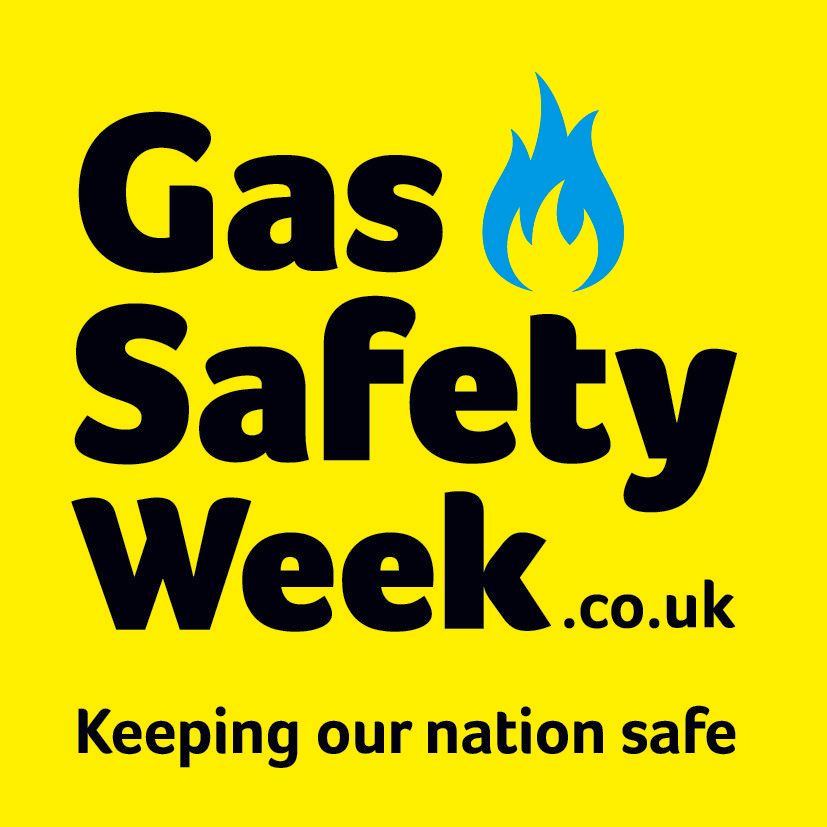
Our industry's biggest annual campaign is just around the corner! As always, Gas Safety Week sees the whole industry unite to raise awareness of gas safety and to encourage people to book an annual gas safety check with a gas safe engineer. This year's theme will emphasise that everyone has a role in keeping the nation gas safe and that we can all make a difference. "Looking after you home, friends and family" will be driving home the message - whether people are responsible for their own family's gas safety or for properties they manage, as well as looking out for older relatives, and young adults who have moved out for higher education or to their first home. Gas Safety Week is an ideal opportunity to share information and knowledge, even among those who are not directly responsible for gas safety. Source: Gas Engineer Magazine Issue 186 July/August 2025
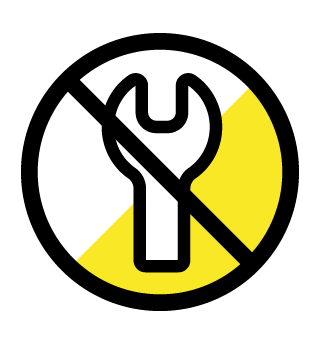
Gas Safe Register's Investigations Team looks at the many forms of illegal gas work and the reasons why you should report it when you discover it. Illegal gas work is any work that falls within the scope of the Gas Safety (Installation and Use) Regulations 1998 that has been carried out by anyone who is not registered or does not hold the appropriate ACS qualifications. Working illegally can take many forms, including: Someone who has no qualifications to fit or work on a gas appliance. Someone who is registered but working outside the scope of their competencies. Someone who was previously registered but not when undertaking gas work. A business or engineer carrying out gas work when they have been suspended from the register. Someone working outside the business with which they are registered. A registered business using unregistered and unsupervised operatives. Why should I report it? Reporting illegal gas work is a requirement under Gas Safe Register's Rules of Registration. The rules state that a registered business and any of its engineers carrying out gas work on its behalf must ensure that: Nothing is done that would contribute to unsafe gas work or illegal activities. The registered is notified of any concerns about unsafe gas work carried out by others, registered or otherwise, as soon as possible. The Register is notified of any evidence of illegal gas work found. How do i report illegal gas work? Gas Safe Register has simplified its online form to make it easier to report illegal gas work. You can submit the form anonymously, however if you are happy to provide your own details, Gas Safe Register may contact you for more information. Where possible the following information is required: The unregistered engineers name and business name. Contact details of the unregistered engineer. Address of where the gas work has taken place. The customer's name and contact details. Here are some examples of questionable works:
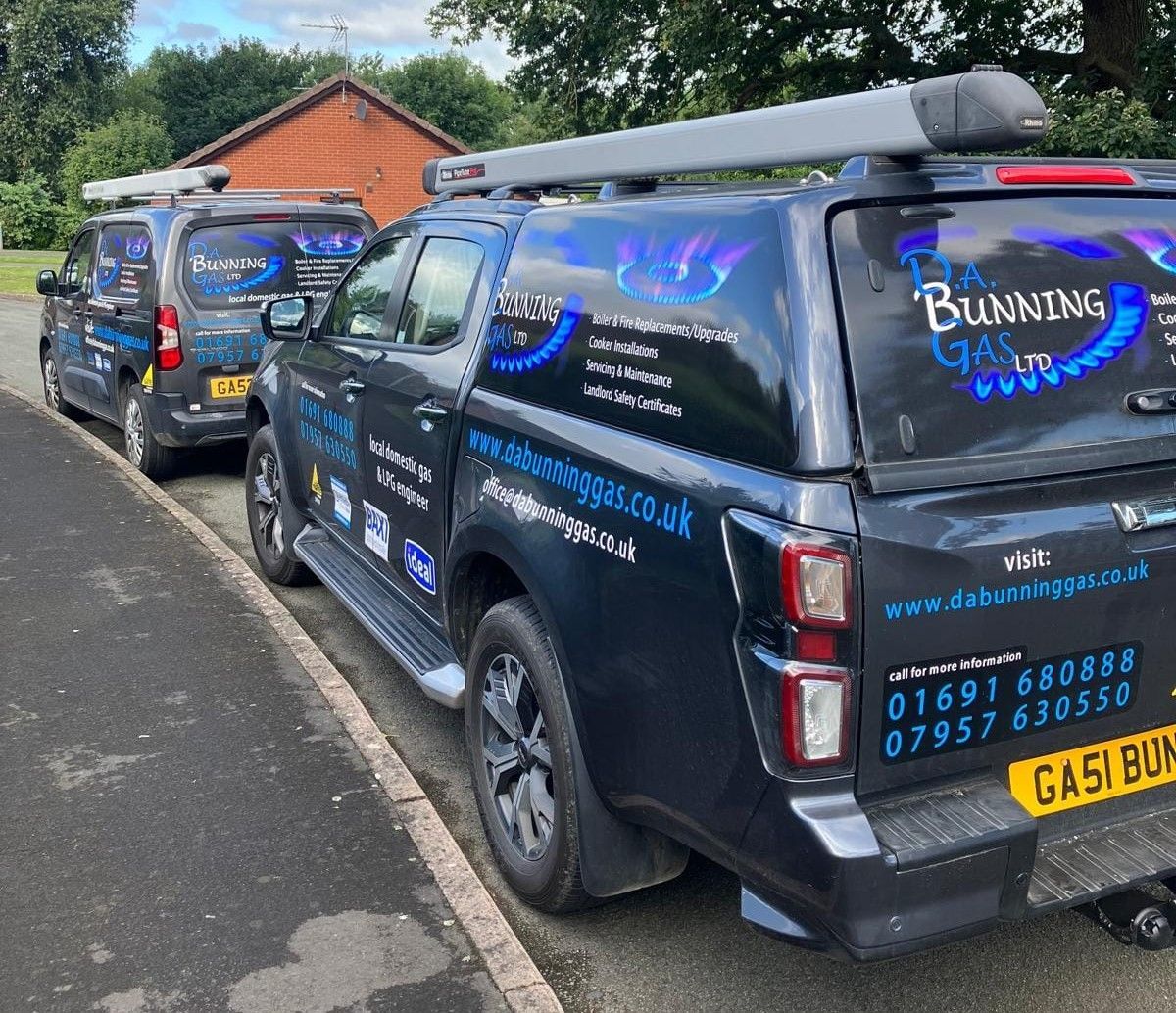
Our year so far.... It has been another busy start to the year for us, which as always is greatly appreciated and never taken for granted. The number of boiler installations and new central heating systems seems to be at a record high this year, and after such a busy winter period, it has prompted Dale to start the recruitment process of an Apprentice Domestic Gas Engineer. We hope to have someone in place before Winter 2025 sets in. We are pleased to say that we have sponsored and are due to sponsor a few local events this year including: Oswestry Community Games, Bridgnorth Regatta, Llanfyllin and Guilsfield Shows. Oswestry Community Games took place on Sunday 8th June in Cae Glas Park, and was a great community event with many sports clubs/organisations involved. We also provided some personalised water bottles, mini footballs and drawstring bags for participants at the event, which went down a treat! (Pictured below are Oswestry Community Games organisers from left to right: Kelly, James and Clive)
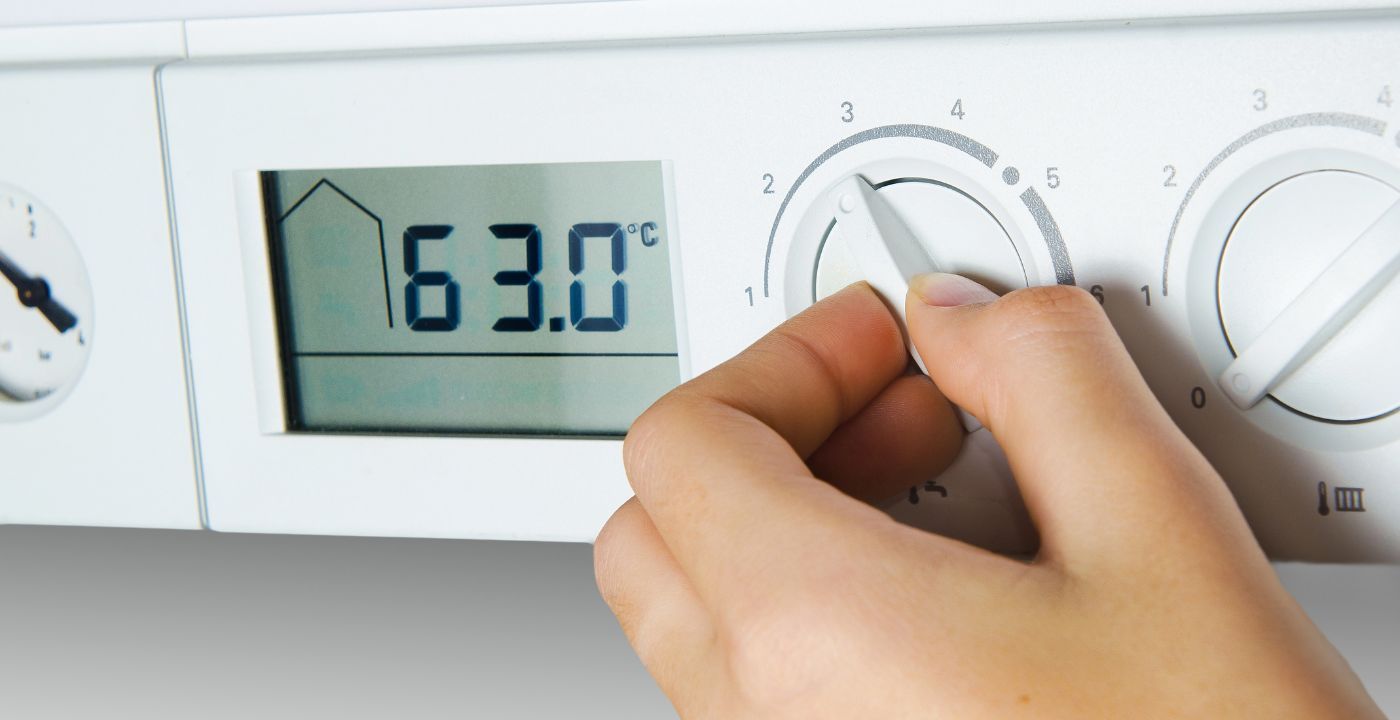
Boilers come in all shapes and sizes, with lots of features or just a few. If you want to know what temperature should a condensing boiler be set at, or any kind of boiler, this guide will give you a good idea. An important thing to consider: Setting your boiler’s temperature higher will give you hot radiators, but it could decrease its efficiency. Ramping up the temp to max could decrease it by up to 20%, and send your heating bills skyrocketing. If you want a lovely warm home and a long-lasting boiler, it’s about getting the right balance. What temperature should my boiler be set at in winter? We all want to stay cosy in the winter. Some cosier than others. There’s no magic number for the ideal temperature. If you’re looking for a good balance of warmth and efficiency, you want to set your boiler to at least 65°C. Setting it a few degrees higher won’t hurt. But it’s important not to set it any lower than that. This is so bacteria in the water doesn’t grow, and cause nasty things like Legionella. For those who like things hot, it is tempting to set your boiler temp higher in the winter. However, there is a chance this will start to stress out your boiler. An overworked boiler will likely have a reduced lifespan, decreased efficiency, and be more prone to breakdowns and repairs. What temperature should my boiler be set at in summer? In summer, you’re less likely to have the radiators on. If you are, you’ll probably not want them to be radiating at the heat of a blast furnace. Like in winter, if you want to know what temperature a condensing boiler should be set at, make sure it’s no lower than 65°C. This inhibits the growth of harmful bacteria in your water supply, so keep it at 65°C and no lower. What is the best temperature setting for central heating? When it comes to setting room temperature, the sweet spot is between 18°C and 21°C. This is within most people’s comfort zone. For bedroom temperatures, if possible, you want it around 16°C to 19°C. This is the best temperature for a good night’s sleep, according to the Sleep Foundation. Keeping the thermostat between those limits is the best temperature setting for central heating, and makes for a happy, comfortable home. Source: www.baxi.co.uk
If sludge and debris is not removed from heating systems, it can accumulate in radiators, pipework and heat exchangers, causing severe blockages. This diminishes the transfer of heat and can result in pipe, radiator valve and heating control servo valve damage. In some cases this will eventually lead to the premature failure of the boiler. Powerflushing is a popular method of cleaning and maintaining a central heating system. A powerflushing unit sends water at high velocity through the system to dislodge and remove debris, limescale, and sludge build-up. A thorough powerflush will improve heat distribution throughout the property, subsequently lowering household energy bills and increasing system reliability. The summer months are an ideal time to get a powerflush on your heating system if you feel sludge and dirty water is effecting the systems efficiency. Call us today to book an appointment. Below is a short video looking at how powerflushing works and it's benefits. Call today to book in an appointment Source: fernox.com

Sean Keleher, technical director at Navien UK, explains how homeowners can cut their energy expenditure while staying cosy and comfortable through the colder months. We must face the fact that managing our budgets is more important than ever, so it’s easy to see that saving a few quid on household bills is bound to brighten anyone’s day. Here are a few pieces of friendly advice that can save money: Know your boiler Boiler settings can have a huge impact on the performance of a heating system. Have access to the boiler manual - all boiler manufacturers provide boiler manuals for free, online. Use the boiler timer or programmer Make use of the boiler’s timer or programmer features. A timer gives basic on/off functionality, meaning that the heating will kick in and turn off at set times. A programmer provides much greater flexibility as it can be set at different times and temperatures for different days of the week. Working from home on Mondays and Fridays? Set the heating to come on during that time. In the office Tuesday to Thursday? Don’t waste money heating an empty home. Another great tip is to check that the boiler clock is correct. There is little value in using the programmer if the timing is an hour out. Get your boiler serviced annually Worryingly, only 20% of boiler owners get their boiler serviced annually, according to Government figures. Try to think of your boiler like a car, an annual service will keep it running safely, efficiently and reliably. Many warranties are invalidated if the boiler doesn’t get a yearly check by a professional. The boiler service is a great “health check”, enabling a good heating engineer to ensure it is operating at maximum efficiency – and to remedy small problems before they grow into big issues or a full boiler breakdown. Good radiator maintenance Systems can get full of dirt and sludge over time, leading to lower efficiency and trapped air. Make sure you check radiators for cold spots – the classic sign that air is trapped in the system, making it inefficient. Sludge in the system can also mean that a radiator takes a lot longer to heat up than others in the home. Another dead giveaway is if there is noises or clanking. This might not be anything sinister, but trapped air. Bleed radiators to ensure full efficiency when they really need it in the colder winter months. A full flush Sometimes bleeding radiators is not enough to restore them to maximum efficiency. In these cases – or when installing a new boiler – a full system flush is required. The right technology Of course, energy efficiency starts with the right boiler for the home. Through dedicated mobile apps, homeowners can download home energy management system (HEMS) reports, providing insights into their energy consumption. They can also set up geofences, – digital boundaries which send alerts to the boiler when breached. This means that the boiler knows when the homeowner is close to home, and the heating can kick in accordingly – much smarter than using a timer or programmer. Source: www.installeronline.co.uk www.navien.co.uk/professional
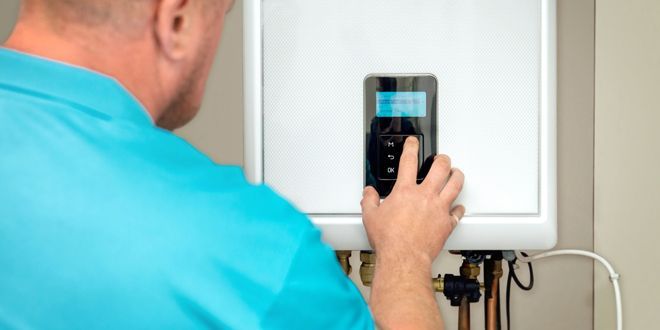
When choosing a boiler, one size doesn't fit all and choosing the right size is crucial, not just for keeping the property warm, but for the longevity of the boiler. Boiler design provides many advantages to homeowners, including increased comfort, cheaper energy expenditure, and lower environmental impact. However, incorrectly sizing a boiler can create major issues for customers and installers alike, some of which are outlined below. The efficiency of a boiler depends mainly on whether it's the right size for the home. A boiler that is too small will struggle to meet the heating demands of the property, causing it to work harder than necessary, wasting energy and ultimately costing the homeowner money. Alternatively, a boiler that is too large will frequently cycle on and off, consuming more energy than necessary, which can lead to wear and tear. When correctly sizing a boiler, the homes size, insulation quality, number of radiators and hot water requirements need to be taken into consideration. With the above considered, the right sized boiler will run efficiently, providing just the right amount of heat without overworking or under performing. Heating demands obviously fluctuate depending on the season, so selecting a boiler that adapts to these changes is crucial. During colder months, the system should operate at a lower level to avoid wasting energy while providing enough heat when temperatures drop. Boiler size doesn’t only impact efficiency – it also affects how long the system will last. Boilers that are overworked or underused tend to break down sooner. A boiler that is constantly running beyond its capacity or cycling on and off too frequently experiences unnecessary stress, which can lead to premature failure. By selecting the rightsized boiler, homeowners can ensure their system runs smoothly and lasts longer. This is particularly true when the boiler operates within its capacity, avoiding the strain caused by frequent cycling or overexertion. Not only does this reduce the need for costly repairs, but it also helps homeowners get the most out of their heating system, ultimately saving them money in the long run. When a boiler is sized properly, it helps prevent short cycling, which happens when a boiler is too large for the heating needs of the home, causing it to turn on and off frequently. This puts additional strain on internal components, leading to wear and tear that can shorten the system’s lifespan. Rightsizing doesn’t just impact comfort and savings – it also plays a role in reducing carbon emissions. It’s also crucial to consider the home’s hot water demand, as larger homes or those with multiple bathrooms will require a boiler to meet higher hot water needs without compromising heating performance. Taking into account both heating and hot water requirements ensures that the system will function efficiently without overloading or under delivering. Thinking ahead, if homeowners plan to add extra rooms or bathrooms, the boiler should be appropriately sized to accommodate those requirements. This method helps avoid the need for early replacements, as it’s essential to understand the specific models being recommended. Selecting the right boiler size is one of the most important decisions to be made when looking to install new or upgrade existing. Source: www.installeronline.co.uk

Attitudes of engineers towards low-carbon heating are hard to shift, and with the lack of direction from government, means there has been a slow growth in adopting specifically Heat Pumps. BAXI's Installer Skills Survey, in conjunction with Gemserv, spoke with over 300 engineers regarding their interest in and ability to to support customers with a shift towards cleaner heating technologies. It also highlighted the readiness to change, adopt and promote Heat Pumps inline with Government policies and customer demands. Compared to previous years, this years survey results were more positive towards Heat Pumps, however it was evident that many engineers lack training and knowledge. Only 9% of engineers stated they are currently fitted Heat Pumps, which is a 3% increase since 2022. Although future support for Heat Pumps looked weak, with half of installers saying they are 'somewhat' or 'extremely unlikely' to start fitting them over the next 3 years. There was far more enthusiasm from engineers towards hybrid systems with 30% of installers showing a want to support this type of system going forward. Government schemes such as the Boiler Upgrade Scheme were met with frustration due to its complexity, excessive paperwork and lack of consumer awareness. A major feature in the survey was the lack of confidence to promote and install low-carbon heating technologies. Only 11% of installers said they are confident to discuss options with their clients, with only 3% of customers enquiring about low-carbon options. The lack of consumer demand for Heat Pumps further contributes to installers low engagement. Ian Trott - BAXI'#s Head of UK Training, said "Many challenges highlighted by the survey, such as insufficient training, poor government support and low consumer demand, haven't moved on. The transition to low-carbon heating will require more targeted interventions to support installers overcoming the barriers outlined" Source: Gas Safe Magazine 2024






